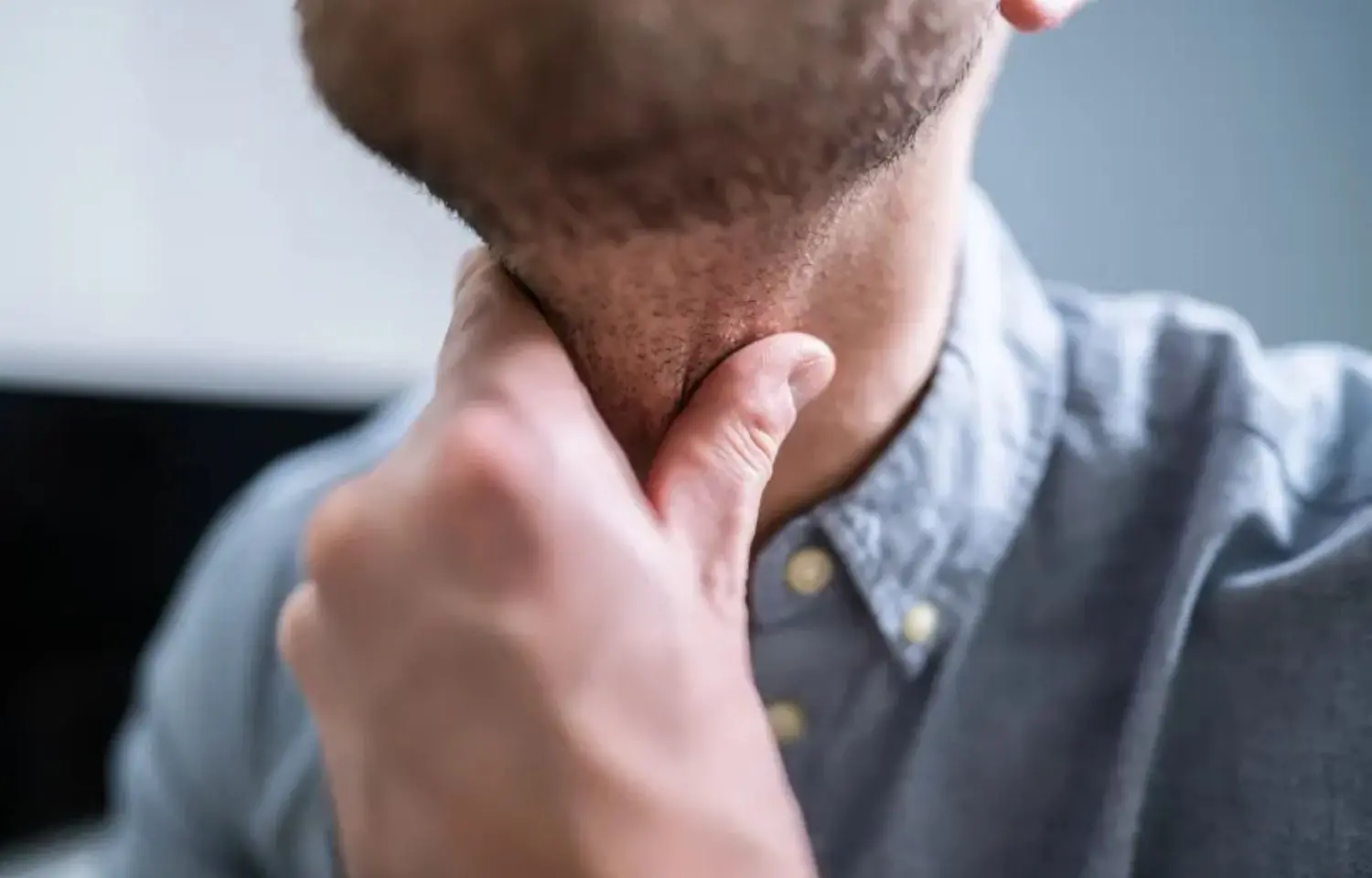- Home
- Medical news & Guidelines
- Anesthesiology
- Cardiology and CTVS
- Critical Care
- Dentistry
- Dermatology
- Diabetes and Endocrinology
- ENT
- Gastroenterology
- Medicine
- Nephrology
- Neurology
- Obstretics-Gynaecology
- Oncology
- Ophthalmology
- Orthopaedics
- Pediatrics-Neonatology
- Psychiatry
- Pulmonology
- Radiology
- Surgery
- Urology
- Laboratory Medicine
- Diet
- Nursing
- Paramedical
- Physiotherapy
- Health news
- Fact Check
- Bone Health Fact Check
- Brain Health Fact Check
- Cancer Related Fact Check
- Child Care Fact Check
- Dental and oral health fact check
- Diabetes and metabolic health fact check
- Diet and Nutrition Fact Check
- Eye and ENT Care Fact Check
- Fitness fact check
- Gut health fact check
- Heart health fact check
- Kidney health fact check
- Medical education fact check
- Men's health fact check
- Respiratory fact check
- Skin and hair care fact check
- Vaccine and Immunization fact check
- Women's health fact check
- AYUSH
- State News
- Andaman and Nicobar Islands
- Andhra Pradesh
- Arunachal Pradesh
- Assam
- Bihar
- Chandigarh
- Chattisgarh
- Dadra and Nagar Haveli
- Daman and Diu
- Delhi
- Goa
- Gujarat
- Haryana
- Himachal Pradesh
- Jammu & Kashmir
- Jharkhand
- Karnataka
- Kerala
- Ladakh
- Lakshadweep
- Madhya Pradesh
- Maharashtra
- Manipur
- Meghalaya
- Mizoram
- Nagaland
- Odisha
- Puducherry
- Punjab
- Rajasthan
- Sikkim
- Tamil Nadu
- Telangana
- Tripura
- Uttar Pradesh
- Uttrakhand
- West Bengal
- Medical Education
- Industry
Guideline on hematoma management after thyroid surgery

UK: An article, published in Anaesthesia, reports multidisciplinary consensus guidelines on the management of hematoma after thyroid surgery. The guidelines were developed by the Difficult Airway Society, the British Association of Endocrine and Thyroid Surgeons, and the British Association of Otorhinolaryngology, Head and Neck Surgery.
Hematoma following thyroid surgery can result in airway obstruction and death. El-Boghdadly, King's College London, London, UK, and colleagues, therefore, developed guidelines to improve the safety of peri-operative care of patients undergoing thyroid surgery. They conducted a systematic review to inform recommendations, with expert consensus used in the absence of high-quality evidence, and a Delphi study was used to ratify recommendations.
The team highlight the importance of multidisciplinary team management and make recommendations in key areas including: monitoring; recognition; post-thyroid surgery emergency box; management of suspected haematoma following thyroid surgery; cognitive aids; post-haematoma evacuation care; day-case thyroid surgery; training; consent and pre-operative communication; postoperative communication; and institutional policies.
Key recommendations are as follows:
- All staff potentially interacting with patients undergoing thyroid surgery should be trained to recognize hematoma following thyroid surgery. This includes ward staff where patients are nursed and doctors of all grades and specialties.
- Minimum monitoring includes wound inspection, early warning, and pain scoring, as well as awareness for subtler signs (agitation; anxiety; difficulty in breathing; discomfort).
- A post-thyroid surgery emergency box should be available at the bedside of patients who have undergone thyroid surgery during the postoperative period, including during transfers.
- Emergency front-of-neck airway equipment (scalpel; bougie; tracheal tube) must be readily available on wards caring for patients after thyroid surgery.
- If concerned about potential hematoma following thyroid surgery, immediate senior surgical review (e.g. registrar or consultant) must be arranged. If a senior surgical review is not immediately available, or if there are signs of airway compromise, a senior anesthetist should be informed immediately.
- If the patient shows signs of airway compromise due to hematoma, a systematic approach should be taken to open the wound at the bedside. For this, the authors recommend using the SCOOP approach (skin exposure; cut sutures; open skin; open muscles (superficial and deep layers); pack wound).
- When emergency hematoma evacuation has taken place, it is important for the surgical team, usually the consultant, to communicate with the patient, including after discharge. This should include offering a referral for clinical psychology support or similar.
- All organizations offering thyroid surgery should support members of the multidisciplinary team, including but not exclusive to anesthetists, nursing staff, members of the cardiac arrest team, and surgeons, to attain and maintain the competency and skills required to manage complications.
The authors conclude, "these guidelines and recommendations provided are the first in this area and it is hoped they will support multidisciplinary team working, improving care and outcomes for patients having thyroid surgery."
Reference:
Iliff HA, El-Boghdadly K, Ahmad I, Davis J, Harris A, Khan S, Lan-Pak-Kee V, O'Connor J, Powell L, Rees G, Tatla TS. Management of haematoma after thyroid surgery: systematic review and multidisciplinary consensus guidelines from the Difficult Airway Society, the British Association of Endocrine and Thyroid Surgeons and the British Association of Otorhinolaryngology, Head and Neck Surgery. Anaesthesia. 2022 Jan;77(1):82-95. doi: 10.1111/anae.15585. Epub 2021 Sep 21. PMID: 34545943.
Dr Kamal Kant Kohli-MBBS, DTCD- a chest specialist with more than 30 years of practice and a flair for writing clinical articles, Dr Kamal Kant Kohli joined Medical Dialogues as a Chief Editor of Medical News. Besides writing articles, as an editor, he proofreads and verifies all the medical content published on Medical Dialogues including those coming from journals, studies,medical conferences,guidelines etc. Email: drkohli@medicaldialogues.in. Contact no. 011-43720751


